Basic Income For Peacebuilding (BIP)

The Basic Income for Peacebuilding (BIP) research group aims to examine the applicability of Basic Income in post-conflict contexts for the purpose of supporting such societies advance towards resilience, sustainability and social peace.
The team has adopted an international perspective on its work in conflict research and focuses on three concrete case studies, which are at different stages in their processes of coming out of conflict, namely Northern Sri Lanka, Northern Ireland, Iraq and Syria.
Iraq and Syria
Limited research has been conducted thus far on the applicability of BI in the Middle East region characterized by authoritative regimes, prolonged periods of instability and conflict, weakened economies and state structures and enduring inequalities. FRIBIS member Diana Bashur (University of Vienna, Austria) has begun such research by considering the cases of Iraq and Syria. Diana is currently implementing a feasibility assessment of a Basic Income pilot in Northern Iraq as a complement to technical training activity.
Northern Ireland
The Northern Ireland (NI) FRIBIS members, Patrick Brown and John Barry of The Senator George J. Mitchell Institute at Queen’s University will host an academic conference in Belfast bringing together the FRIBIS team, leading UBI advocates and peacebuilding experts. Alongside this they will continue to advance plans to deliver a trial of UBI in NI framed as a ‘Peace Dividend’, as outlined in this proposal. Next steps in this process are to establish a steering group of stakeholders, primarily local authorities in Northern Ireland, many of whom have backed the idea of a UBI trial. A full feasibility study, akin to the one carried out in Scotland will follow.
A fourth focus is to examine from a conflict theory perspective how a UBI contributes to peaceful and solidarity-based structural change in society.
Publications:
- M. Franke, B. K. J. Neumärker 2022: “A Climate Alliance through Transfer: Transfer Design in an Economic Conflict Model”, World 2022, 3(1), 112-125. https://doi.org/10.3390/world3010006
Research Team
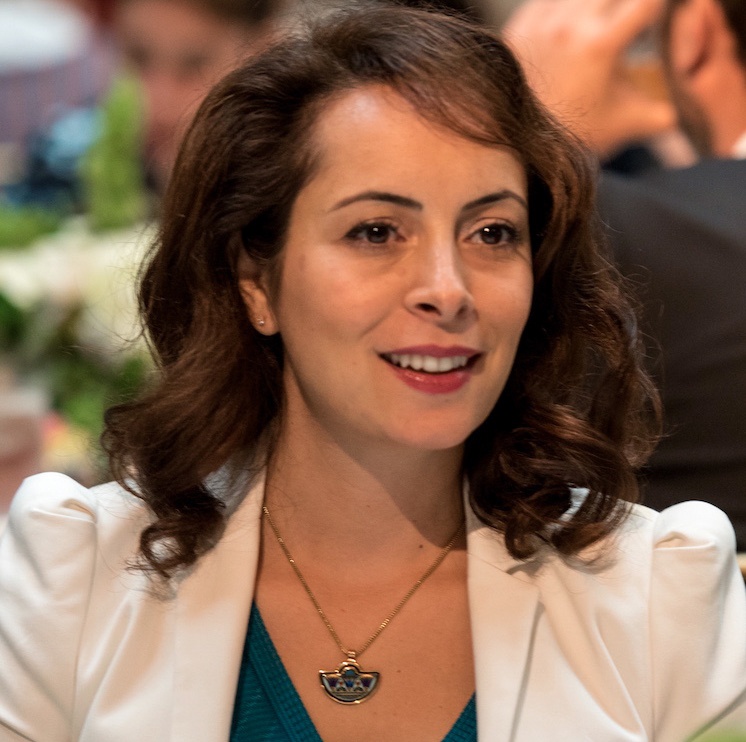
Diana Bashur
Doctoral Student, University of Vienna, Austria; Project Researcher, UNIDO (United Nations Industrial Development Organization)
Publications: “The Applicability of Universal Basic Income in Post-Conflict Scenarios: The Syria Case”, Basic Income Studies, June 2019, Volume 14, Issue 1
“What the West Owes Syrians“, Syria Studies, 2018, 9(2), 31-59.

Patrick Brown,
PhD in Politics
Affiliations: The Senator George J. Mitchell Institute for Global Peace, Security and Justice, Queen’s University Belfast, UK; UBI Lab Northern Ireland; Basic Income Northern Ireland
Publication: “Testing a Real Peace Dividend for Northern Ireland: A proposal for Universal Basic Income” Working paper, October 2020
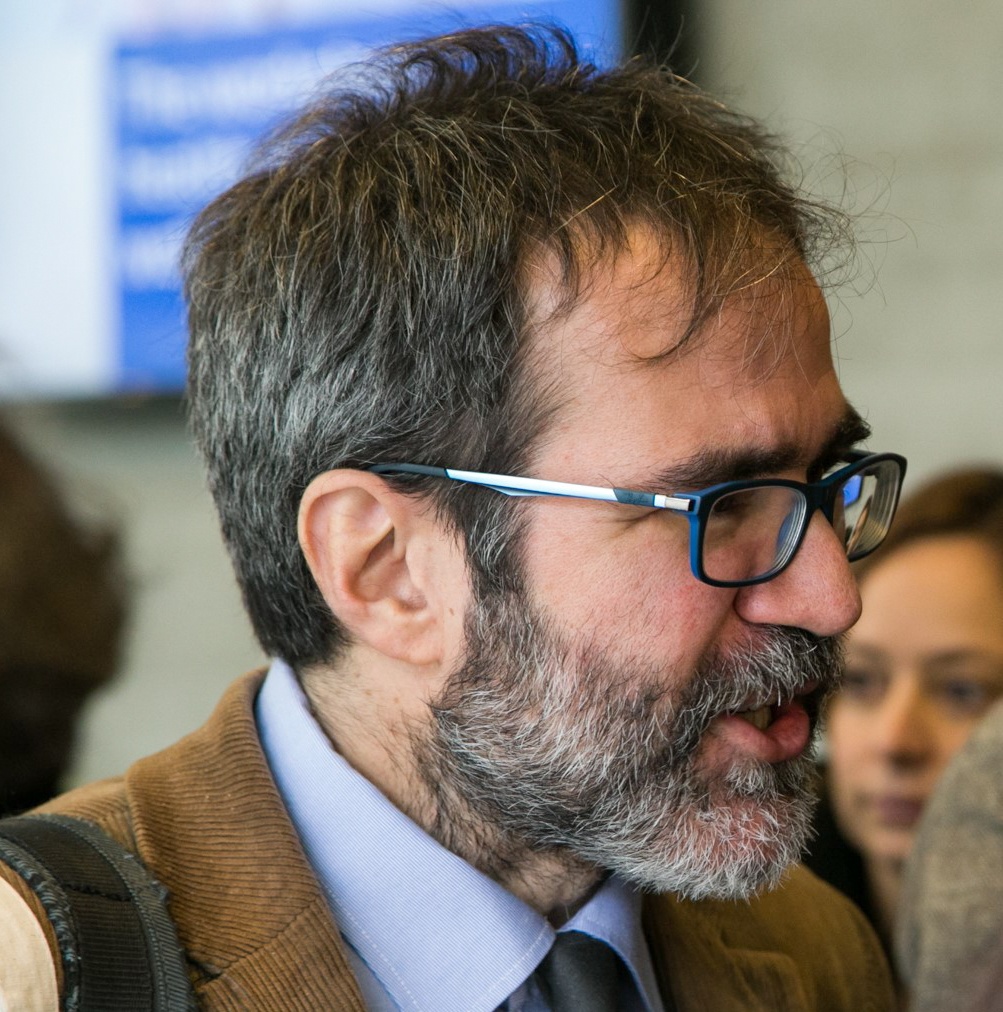
Prof. Dr. Roberto Leombruni
is Assistant Professor at the University of Turin, Department of economics and statistics “Cognetti de Martiis”. His research topics include labour markets and retirement policies, work-health relations, agent-based microsimulations and administrative data.
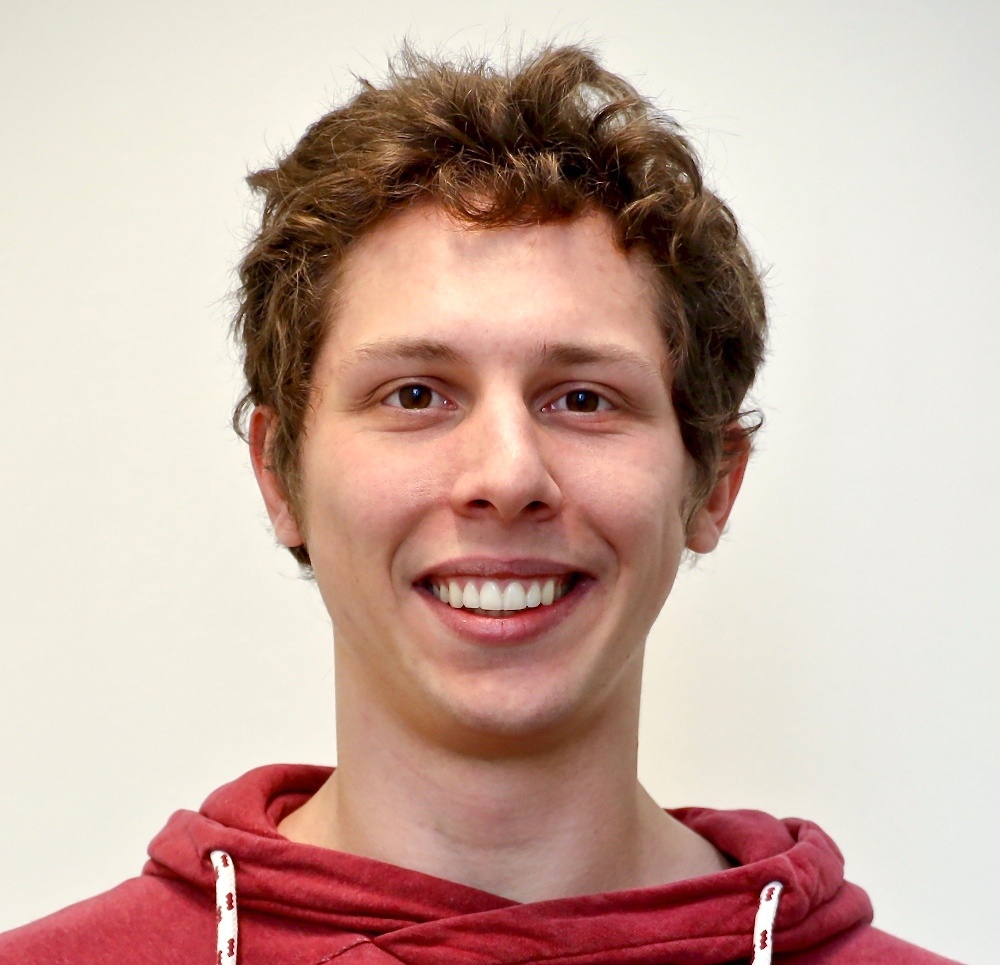
Dr. Marcel Franke,
studied economics at the Albert-Ludwigs-University of Freiburg. He is active in the FRIBIS PostDoc Group, as well as in the FRIBIS FRIBIS Team “Basic Income for Peacebuilding”. His research focuses on unconditional basic income and philosophy of state, especially “Constitutional Economics” and “Economics of Social Justice”.
FRIBIS Team Coordinator
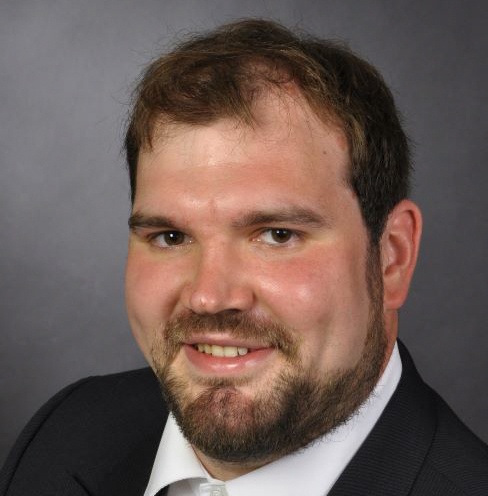
Tobias Jäger,
M.Sc. in economics, PhD candidate, Freiburg Institute for Basic Income Studies at the University of Freiburg, Germany
Contact: tobias.jaeger@fribis.uni-freiburg.de
.
Transfer Team
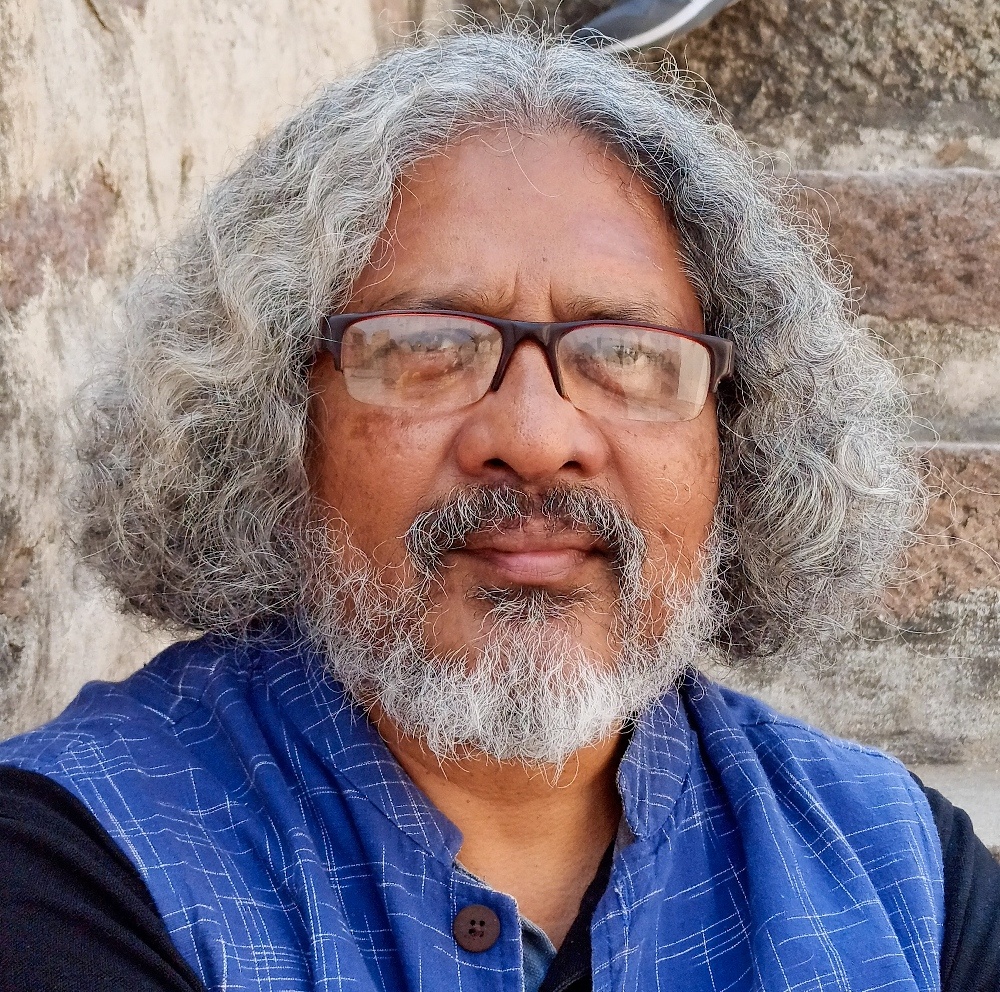
Dr. Sarath Davala
Chair of BIEN (Basic Income Earth Network), Coordinator of the Indian Network on Basic Income (INBI). Co-author of the book: “Basic Income: A Transformative Policy for India”,
Research Director of the Madhya Pradesh Basic Income pilot project 2011 to 2014, host of the BIEN World Congress in Hyderabad in 2019.
Hyderabad, India
.